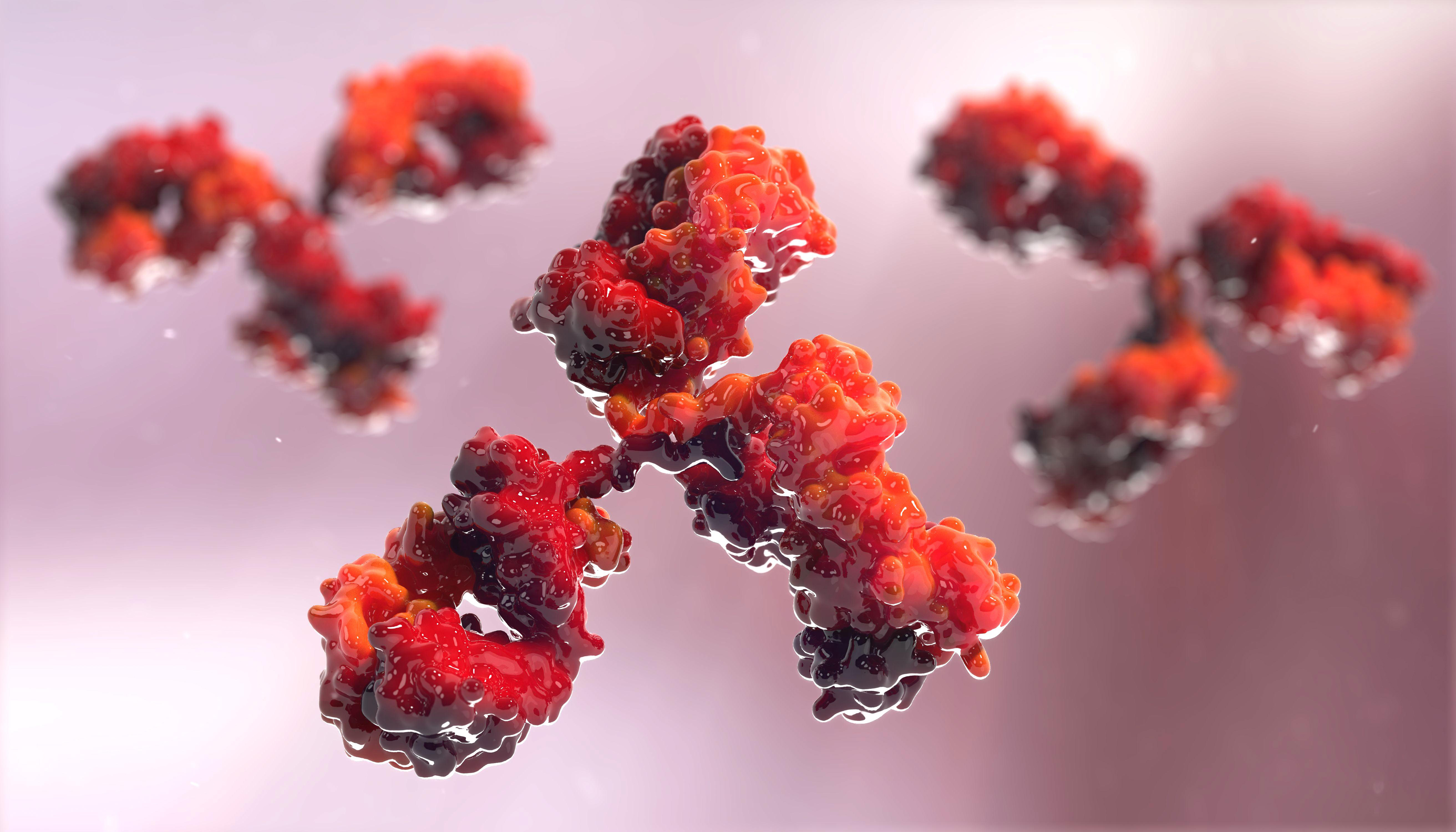An Uphill Battle for Biosimilar Adoption in the U.S.
Posted by | Varun Naik

Biosimilars were expected to spark competition and lower prices for branded biologics, but this potential has still been unfulfilled. The U.S. health industry has been relatively slow to adopt biosimilars due to a combination of complex market access tactics employed by branded biologics manufacturers, on-going patent litigation, lack of biosimilar interchangeability, and a general lack of awareness and acceptance of biosimilars. To date, the FDA has approved nine biosimilars; however, only three biosimilars have launched. The current biosimilars landscape is in stark contrast to the generics market where payers and pharmacy benefit managers promote these cheaper alternatives to reduce healthcare costs.
The Biosimilar Intellectual Property Hurdle
Amgen announced in late September 2017 that it reached a global settlement with AbbVie to resolve all pending litigation regarding Amgen’s adalimumab biosimilar, AMGEVITA™/AMJEVITA™. Under terms of the agreement, Amgen will now be able to launch in Europe in October 2018, and in the United States in January 2023.1 A 2023 launch date, seven years away, indicates that Amgen did not have a strong case when it came to invalidating AbbVie’s Humira patents; said another way, AbbVie’s patent protection structure was effective in thwarting competitive action by Amgen. The settlement will likely have implications for other adalimumab biosimilar manufacturers, as AbbVie’s litigation with other companies continues.
The entry of biosimilars drugs is a crucial step in not just reducing healthcare costs, but also in encouraging biologic innovation for next-generation drugs and improved drug delivery options. However, if the recent settlement is any indicator, biosimilar entry into the U.S. market will continue to lag that seen in the EU, hampering treatment advancements in the health industry. Biosimilar manufacturers do not have an easy path as they try to launch their products in the U.S. Biologics research and development is an extremely lengthy and complicated process, and therefore, originator companies protect their investments with complex patent and intellectual property strategies to deter competitors. For example, Humira’s biosimilar manufacturers must deal with an extensive estate of 70 formulation, manufacture process, and method of treatment patents before they can launch their products.
As originator companies have taken advantage of the intellectual property strategy, biosimilar manufacturers have argued that originator drug manufacturers padded their patent portfolios with overlapping and non-inventive patents for the purpose of developing a cumbersome ‘patent thicket,’ as a means to delay competition.2
Market Access Hurdle
Another challenge that biosimilar companies face is contracting with payers. A recent example in the immunology market highlights the challenges faced by Remicade biosimilar, Inflectra, manufactured by Pfizer. In its earnings calls, Pfizer management stated that they have experienced access challenges among national commercial payers, where Inflectra has not received access at parity to Janssen’s Remicade and remains in a disadvantaged position. Subsequently, Pfizer filed a lawsuit against Janssen (J&J) accusing it of “exclusionary contracts” and price manipulation “to maintain its monopoly” for Remicade. Pfizer alleges J&J threatened to withhold rebates from insurers that had determined Inflectra was an acceptable medical alternative to Remicade, which thereby incentivized insurers to carry only Remicade.3
Pharmacy benefit managers have criticized the excessive cost of biologics. For example, Express Scripts introduced a new preferred formulary which excludes Neupogen® in favor of its biosimilars. On the other hand, commercial payers have been unwilling to incentivize the switch of patients stable on brand biologics to biosimilars as evident from the Inflectra example described previously.4
No Easy Path for Biosimilars in the U.S.
As biosimilar manufacturers continue to navigate the complex intellectual property strategies of originator biologic companies, adoption of biosimilars within the U.S. will continue to be an uphill battle and lag the acceptance seen in Europe.
Through our life science consulting group’s engagements with healthcare and biopharmaceutical companies, we have analyzed the challenges faced by biosimilar manufacturers and provide insights into the requirements that support their investment decisions. Our market analysis suggests that it is critically important to gain a deeper understanding of defense strategies and market access tactics employed by originator drug companies to create a successful commercial plan for biosimilars into a highly valued market. Secondly, assessing the impact of FDA regulatory guidance will create a significant product differentiation. Executives are well-advised to conduct a thorough analysis including patent research to advise their product strategy to maximize their impact.
Sources:
- https://www.amgen.com/media/news-releases/2017/09/amgen-and-abbvie-agree-to-settlement-allowing-commercialization-of-amgevita/
- https://www.bigmoleculewatch.com/wp-content/uploads/2017/09/04313702707.pdf
- https://www.usatoday.com/story/money/2017/09/20/pfizer-accuses-johnson-johnson-anticompetitive-practices-lawsuit/684374001/
- https://www.specialtypharmacytimes.com/news/biosimilar-uptake-challenges-low-cost-specialty-drugs-reduce-provider-profits/p-2
Tags: BioPharma, Healthcare & Life Sciences, Market Analysis, Pharmaceuticals



















